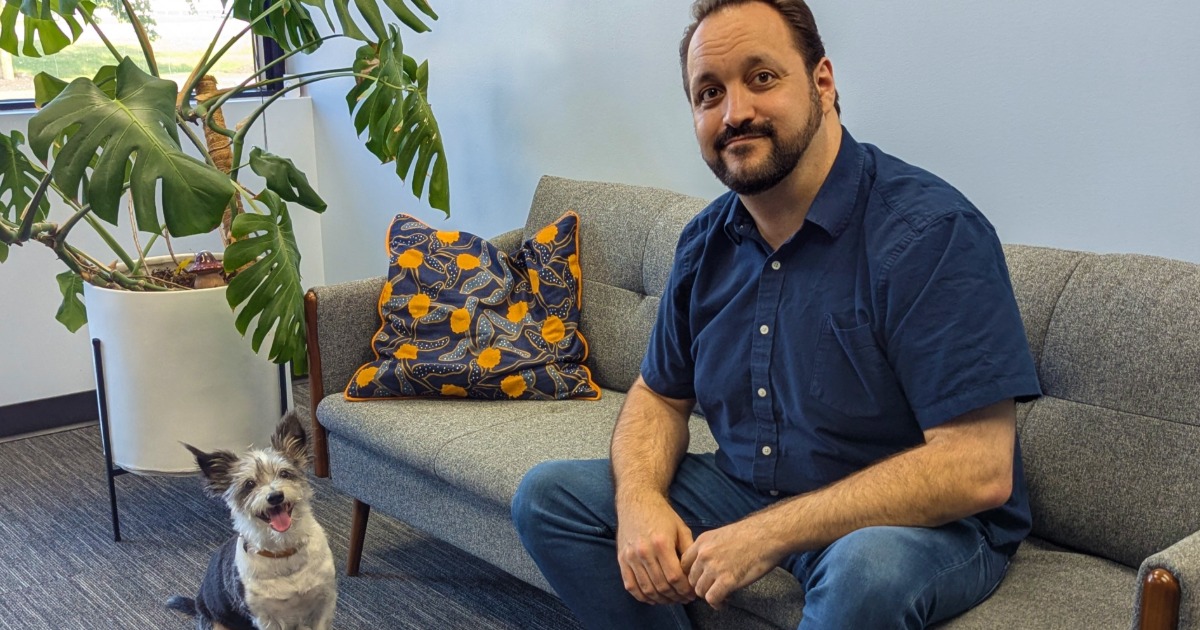More than two-thirds of non-academic health institutions say precision medicine will play an "average, small or non-existent" role in their plans over the next several years, according to a recent Health Catalyst survey. But it's already making big waves in academic medical centers, which are fast adopting new technologies and integrating genomics into their therapies.
"The disconnect between the recognition that genomics holds great promise and yet the lack of preparation for precision medicine may reflect the fact that technology adoption is often driven by research efforts at major academic medical centers, with others following in their footsteps," said David Crockett, Health Catalyst's senior director of research and predictive analytics, in a statement.
[Also: Genomics pose 'daunting' test for EHRs]
Health Catalyst surveyed 61 healthcare professionals; 53 respondents held executive roles, from multi-hospital and multi-state systems.
The results from academics and non-academics were nearly opposite. Despite President Obama's Precision Medicine Initiative that placed $215 million into the 2016 budget for the adoption of genomics technologies, only 4 percent of non-academic health providers said genomic sequencing was "very relevant" to their current and near-term treatment strategies.
[Also: Mayo Clinic takes aim at consumer genomics]
About 71 percent of academic respondents, however, said precision medicine would play a "significant role" in their organizations over the next five years; 64 percent said they plan to integrate genomic data into their EHRs.
Meanwhile, more than half of all respondents said DNA sequencing could positively affect patient care. But while academic institutions are on the right path to precision medicine, but "the rest of healthcare has a lot of catching up to do," said Crockett.
[Like Healthcare IT News on Facebook]
"We live in a remarkable era of information, when all that is known about a person – from family history and genetics to location history and environment - can be balanced against all that is known in the medical domain," he said.
"This big-picture view of medical decision making can allow providers to focus both prevention and intervention on appropriate individuals, while avoiding unnecessary costs and unwanted side effects for those patients who wouldn't benefit," he added.
Twitter: @JessiefDavis


